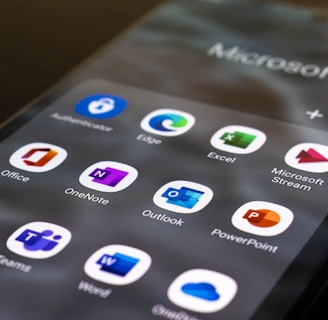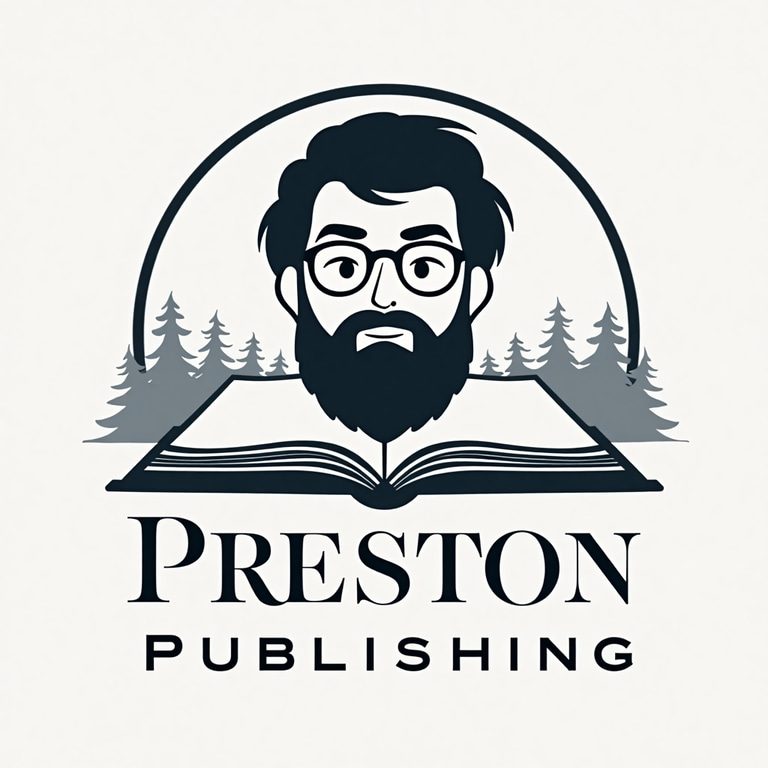Subscription Creep Unpacked – Chapter 1: Software
Remember boxed software and true ownership? Lament the days when you truly owned your tools. Today’s subscription models offer convenience but lock users into recurring payments and dependency. Explore open-source alternatives that reclaim control over your digital tools, from office software with LibreOffice to comprehensive team solutions with NextCloud and independent AI with Jan.ai. These options not only save costs but also prioritize privacy and data security, reviving the freedom of true ownership.
PRIVACY-FOCUSED ALTERNATIVES
Alaric Preston
2/7/20253 min read


In the mid-90s, my journey into the digital world began with a Macintosh LC—a machine that was ironically labeled "Low Cost" despite its hefty price tag of over $3,000. Each week brought an influx of floppy disks from America Online via mail, a nostalgic reminder of how far we've come in terms of accessibility and convenience.
Those were simpler times when purchasing software meant true ownership. A trip to the store would yield a boxed set complete with physical disks or CD/DVD ROMs and a serial number. This era, while fraught with issues like software piracy, offered a tangible sense of possession that today's subscription models often lack.
The shift towards subscription-based services, popularized by giants like Adobe and Microsoft, has fundamentally altered how we access software. While this model offers convenience and regular updates, it also fosters a dependency that can be unsettling. The younger generation may embrace this change, but for those of us who remember the days of owning software outright, it's a bittersweet evolution—one I'll explore further in future posts.
Overview:
The software landscape has transformed dramatically over the years. Today, most software is distributed through subscriptions, a trend that has both proponents and detractors. Adobe and Microsoft are key players in this shift, having transitioned their products to subscription-only models. While these changes have brought undeniable benefits, they also raise concerns about accessibility and ownership.
Examples:
Adobe's move to a subscription-only model, likely aimed at combating piracy, has left some users yearning for the days of purchasing software outright. Similarly, Microsoft's Office 365 suite now operates primarily on a subscription basis, a path that while profitable, may not resonate with all users. Additionally, companies like Topaz Labs offer local software that requires an internet connection to function, a requirement that can be problematic for those without reliable access. Furthermore, if locally installed software consistently requires logging into an online platform, it raises questions about transparency in pricing models. Users may feel misled when they purchase a license key, only to discover that their access to software updates is limited to a specific period before needing a paid upgrade. This practice essentially operates like a subscription model without being explicitly marketed as such, leaving users with outdated software if they choose not to pay again for the latest version.
When considering free services like Google Docs and Sheets, it's important to weigh the convenience against potential privacy trade-offs. While these platforms are undoubtedly useful, they come with the cost of data sharing—your inputs can be used for targeted advertising or to enhance AI models like Gemini chat. Speaking of which, is Gemini truly free? Not when you factor in the data privacy implications.
Alternatives:
For those seeking alternatives, LibreOffice stands out as a robust and free option for basic office needs. For Adobe users looking to break free from subscriptions, resources like the GitHub repository "Adobe-Alternatives" offer a wealth of options. Open-source solutions not only provide cost-effective alternatives but also often prioritize user privacy and data security.
When seeking a comprehensive solution that offers office features along with various team-based tools, businesses should consider NextCloud. This open-source software platform allows companies to host it on their own premises, providing flexibility and control. NextCloud offers essential functionalities such as mobile document access, seamless collaboration and sharing capabilities, AI integration, and numerous additional features. I strongly recommend this software as it empowers organizations to maintain full control over their data, reducing reliance on third-party services.
Did you know that you can run your own AI without relying on ChatGPT or other third-party services that harvest your data? One of the easiest solutions available is Jan.ai. This innovative tool allows you to run a fully functional AI directly on your computer, eliminating the need for internet access and giving you complete control over your data privacy. Imagine having a condensed version of the internet's knowledge at your fingertips—a tiny ball containing a vast amount of information that you can carry anywhere and interact with offline. We’ll dive deeper into its features in future posts, but for now, it’s an excellent starting point for those seeking independence from third-party services.
Summary:
While a return to traditional software licensing may not be feasible, exploring innovative approaches such as blockchain and Web3 technology could pave the way for new ownership models. Embracing open-source solutions doesn't just save money; it can enhance privacy and encourage healthier data practices. If you decide to move away from MS Office subscriptions, you'll find a world of alternatives that offer more control over your digital experience. Check out this github link with a well organized list of open source Adobe alternatives. https://github.com/KenneyNL/Adobe-Alternatives
As we navigate this evolving landscape, let's remain mindful of the value of our data and seek out tools that respect our privacy. The future of software ownership is likely to be shaped by a balance between convenience and control, and it's up to us to advocate for solutions that prioritize both.
© 2025 Alaric Preston Publishing. All rights reserved.
